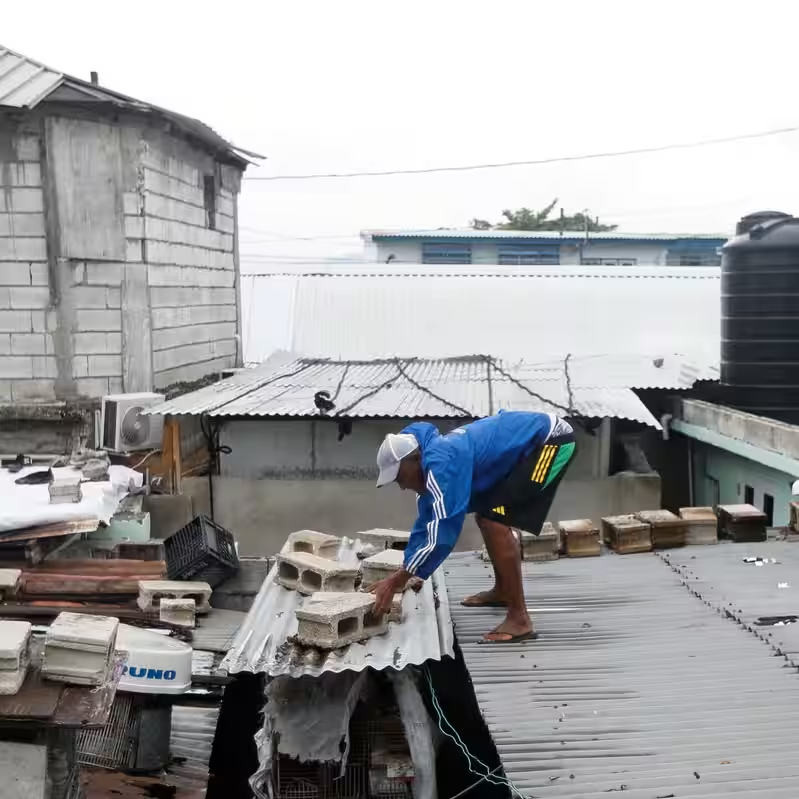Small island nations in the Caribbean are sounding the alarm as Hurricane Melissa barrels through the region—yet again exposing a brutal truth: they’re drowning in climate disasters but starved of the funds needed to survive them.
Table of Contents
- Hurricane Melissa’s Devastating Path
- The Climate Debt Trap
- Broken Global Promises
- Critical Infrastructure at Risk
- COP29: A Last Chance for Action?
- Sources
Hurricane Melissa’s Devastating Path
Hurricane Melissa is already being described as one of the most powerful storms on record. With wind speeds capable of causing “total structural failure” and rainfall measured in feet—not inches—the storm has put Jamaica, Cuba, and the Bahamas on high alert .
“Everyone in my family was on edge and nervously checking their phones,” said Michai Robertson, a senior adviser to the Alliance of Small Island States, whose relatives are in Jamaica as the storm hits .
The Climate Debt Trap
For nations like Jamaica, Barbados, and Antigua and Barbuda, this isn’t just another storm—it’s another financial catastrophe. Many of these countries carry debt levels nearly equal to their entire GDP, largely due to repeated climate disasters .
According to the Inter-American Development Bank, debt in Caribbean nations spikes by 18% after major hurricanes. Recovery isn’t just about rebuilding homes—it’s about repaying loans while basic services crumble.
Broken Global Promises
Despite decades of warnings from island leaders, wealthy nations have failed to deliver on climate finance pledges. In 2021, developed countries promised to double adaptation funding to $40 billion annually by 2025. Current data shows they’re falling drastically short .
Worse, the U.S. withdrew from key climate aid programs under the Trump administration, halting billions in support that small nations relied on for disaster prep and resilience projects .
Critical Infrastructure at Risk
Jamaica’s energy security hangs by a thread. Over 85% of its electricity comes from imported fossil fuels, centered around a single refinery—Petrojam—on Kingston Harbor. If Hurricane Melissa damages this facility, rescue and recovery operations could grind to a halt .
“We’ve activated all refinery emergency systems and confirmed sufficient fuel supplies for over two weeks,” said Energy Minister Daryl Vaz—but experts warn that even minor damage could disrupt the entire national response.
COP29: A Last Chance for Action?
With the UN climate summit (COP29) set to begin in Brazil in just one week, pressure is mounting on wealthy nations to finally act. Developing countries say they need over $1 trillion annually to both adapt to climate change and transition away from fossil fuels .
Barbados Prime Minister Mia Mottley has been a leading voice, urging reforms at the World Bank and IMF—including automatic debt suspension after disasters. “Our countries don’t have the luxury to become more resilient,” Robertson said. “But the reality is that it all could be wiped out.”




